Earth
Sign up for our newsletter
We summarize the week's scientific breakthroughs every Thursday.
-
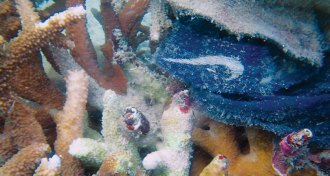 Environment
EnvironmentPlastic pollution increases risk of devastating disease in corals
Researchers estimate about 11 billion pieces of plastic are polluting Asia-Pacific corals, raising the risk of disease at scores of reefs.
By Dan Garisto -
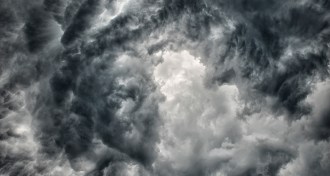 Earth
EarthOverlooked air pollution may be fueling more powerful storms
The tiniest particles in air pollution aren’t just a health threat. They also strengthen thunderstorms, new research suggests.
-
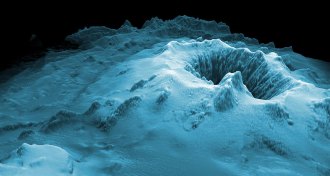 Earth
EarthRobots map largest underwater volcanic eruption in 100 years
High-resolution mapping of a 2012 underwater volcanic eruption just goes to show there’s a lot we don’t know about deep-sea volcanism.
-
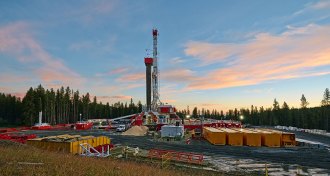 Earth
EarthVolume of fracking fluid pumped underground tied to Canada quakes
Study links volume of fracking fluid injected underground with hundreds of quakes in central Canada, and not the rate at which the fluids were injected.
-
 Animals
AnimalsThe mystery of vanishing honeybees is still not definitively solved
The case has never been fully closed for colony collapse disorder, and now bees face bigger problems.
By Susan Milius -
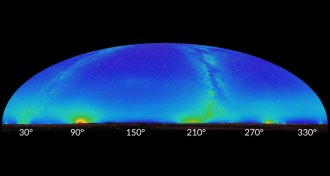 Astronomy
AstronomyPollution is endangering the future of astronomy
Astronomers discuss multiple threats from pollution that will make it harder to observe the night sky.
By Dan Garisto -
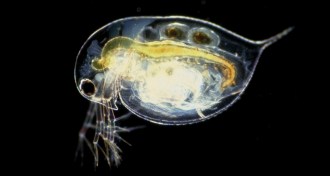 Climate
ClimateRising CO2 in lakes could keep water fleas from raising their spiky defenses
Rising CO2 in freshwaters may change how predators and prey interact in lakes.
-
 Science & Society
Science & SocietyWe’ll be watching the skies, plus a lot more, this year
Acting Editor in Chief Elizabeth Quill predicts 2018 could be a year full of important space discoveries.
-
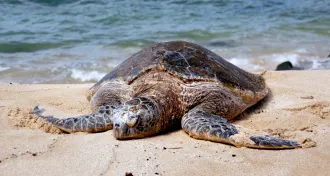 Climate
ClimateWarming ocean water is turning 99 percent of these sea turtles female
Green sea turtle populations in part of the Great Barrier Reef are becoming increasingly female due to higher ocean temperatures.
-
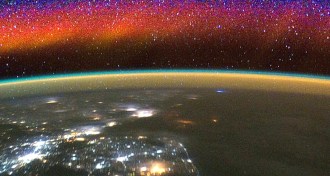 Planetary Science
Planetary ScienceNASA is headed to Earth’s outermost edge
NASA’s upcoming GOLD mission will study the charged border between Earth and space.
-
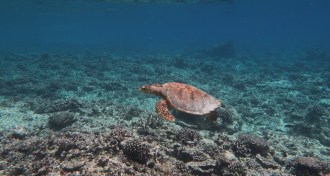 Oceans
OceansCorals are severely bleaching five times as often as in 1980
Corals are now bleaching more frequently and severely than they were in the early 1980s.
-
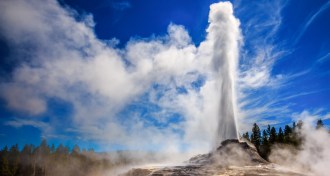 Earth
EarthA sinking, melting ancient tectonic plate may fuel Yellowstone’s supervolcano
The subduction of an ancient tectonic plate may be the driving force behind Yellowstone’s volcanic eruptions.